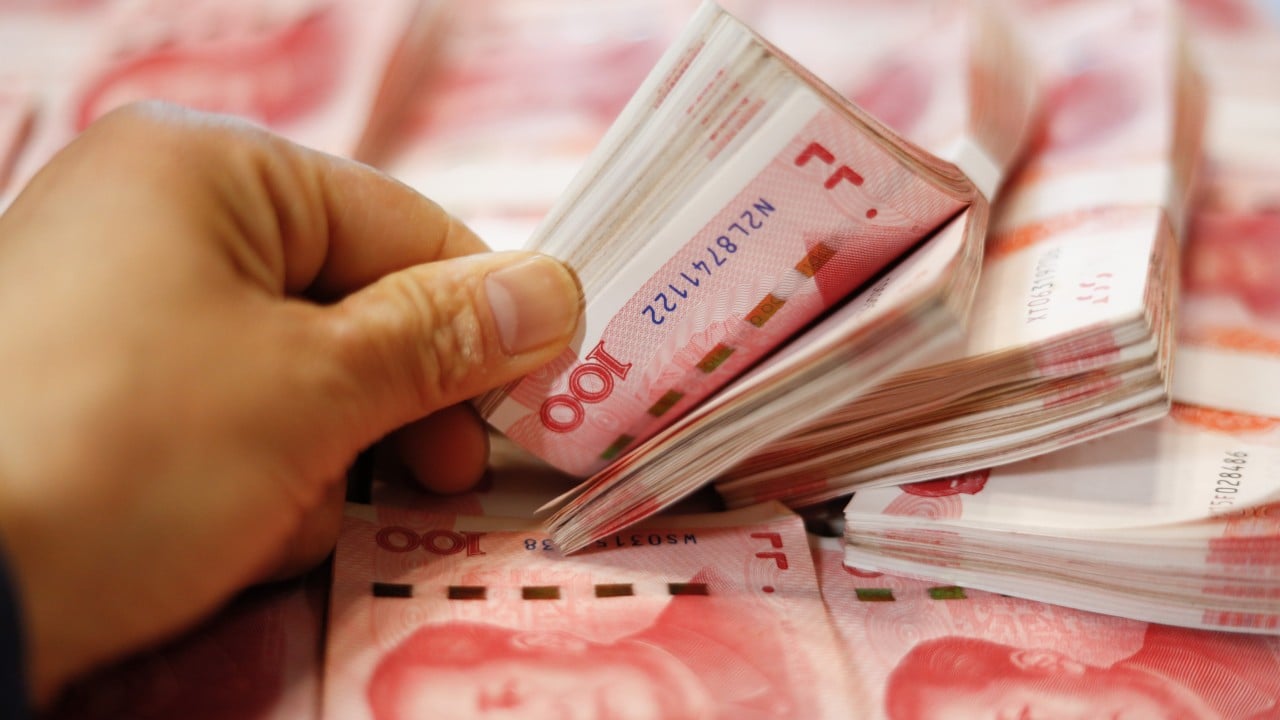Published: 5:45pm, 12 Aug 2025Updated: 5:52pm, 12 Aug 2025
Global investors’ search for alternatives to US-dollar assets is driving more capital into China’s domestic bond market, according to UBS.
Advertisement
A new wave of increased allocations to the Chinese bond market had just begun and was expected to continue if the trend of de-dollarisation continued, said Raymond Gui, Asia head of fixed-income portfolio management in the Swiss bank’s asset-management arm. UBS launched its first yuan-denominated bond fund in 2018.
Foreign investors, mostly institutional investors including central banks, insurance companies and pension funds, held US$587 billion in yuan-denominated Chinese bonds as of the end of May, rebounding from a low of US$429 billion in March 2023. The holdings are down about 6 per cent from a peak in January 2022.
The Chinese bond market, at US$25 trillion, remains the world’s second largest after the US. Foreign holdings, accounting for about 2.3 per cent of the market, are mainly in Chinese government bonds, policy bank bonds and local government bonds.
Foreign investors can buy into the market through a few different channels, including the Bond Connect mechanism and China’s interbank bond market, as well as the Qualified Foreign Institutional Investor and Renminbi Qualified Foreign Institutional Investor schemes.
Advertisement
Beijing regulators have further simplified the procedures for foreign investments in China this year in an effort to attract more global investors.
Major bond indices including the Bloomberg Global Aggregate Index, the JP Morgan Government Bond Index, and the FTSE Russell World Government Bond Index began to incorporate Chinese bonds into their global benchmarks around 2019.

